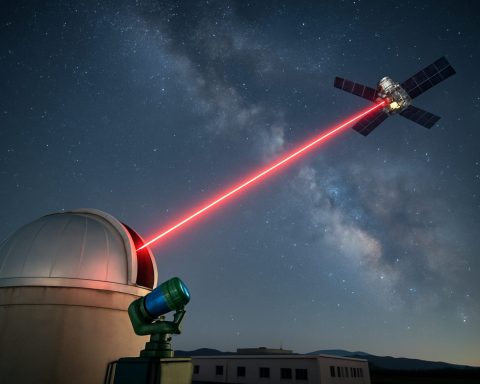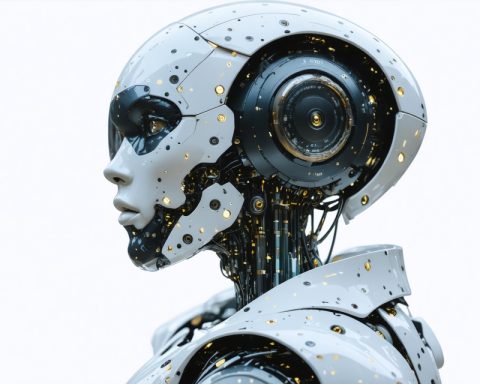
Unsupervised Learning
Unsupervised Learning is a type of machine learning where an algorithm is trained on data without labeled outcomes. The primary objective is to identify patterns, structures, or relationships within the input data. In unsupervised learning, the model explores the data and organizes it into groups or clusters based on similarities or differences, without any predefined categories or guidance. Common techniques include clustering algorithms, such as K-means and hierarchical clustering, and dimensionality reduction methods like Principal Component Analysis (PCA). This approach is widely used for tasks such as anomaly detection, market segmentation, and data compression. It contrasts with supervised learning, where the model learns from labeled data to predict specific outcomes.









